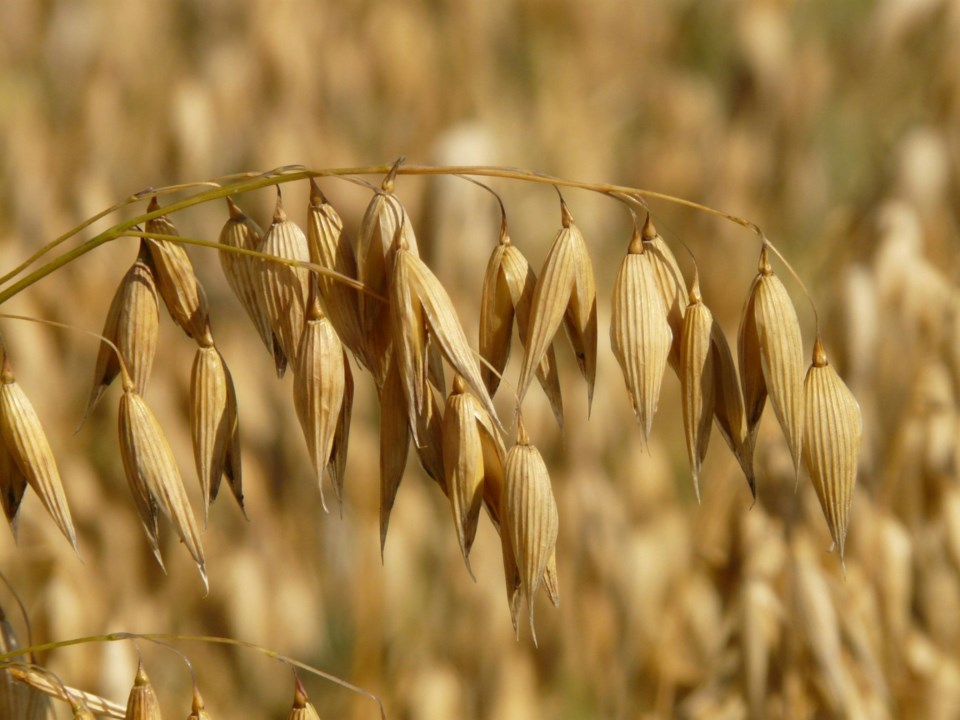YORKTON - On Saturday United States president Donald Trump on Saturday signed an order to impose stiff tariffs – 25 per cent -- on imports from Mexico, Canada, and to a lesser rate on China.
Trump declared an economic emergency in order to place duties of 10 per cent on all imports from China and 25 per cent on imports from Mexico and Canada — except for a 10 per cent rate on Canadian energy, including oil, natural gas and electricity.
The tariffs are to go into effect Tuesday, Feb. 4.
Both Mexico and Canada have announced retaliatory tariffs.
However, since then Trump and Mexican President Claudia Sheinbaum put their planned tariffs on hold Monday for a month to give time for further negotiations.
Meanwhile in Canada it remains largely unclear how things will play out, said Terry Tyson, General Manager with Grain Millers in Yorkton, who said oats and oat products are certainly facing the American tariffs.
“Virtually nothing is really excluded on Canadian goods going to the United States,” he said in an interview with Yorkton This Week Monday morning. He added Canadian retaliatory tariffs appear more targeted rather than on everything.
Tyson noted that in the case of oats and oat products, there is little US capacity to backfill and imports that are lost due to the tariffs explaining that over the last three decades subsidies in the US have favoured producers growing corn and soybeans so the acres devoted to oats is now very small.
“The U.S. doesn’t grow oats,” he said.
That means about 92 per cent of oats consumed in the United States is imported, “almost all of that comes from Canada,” said Tyson.
Those oats and oat products will face the 25 per cent tariff, said Tyson.
The question is who will end up absorbing that cost.
Tyson said they obviously hope it is passed on down the supply chain line – at least in part – which he added will likely mean at some point American consumers will face higher costs for products using Canadian oats.
The situation is particularly confusing in the case of a company such as Grain Millers which is American-owned.
“Most of the milling capacity in North America is owned by the U.S.,” said Tyson.
While admitting the details of the tariffs are still largely unclear Tyson said he holds out some hope that if Trump and Sheinbaum could work out a month-long delay to try hammer out a solution, that Prime Minister Justin Trudeau can do the same on behalf of Canada.






